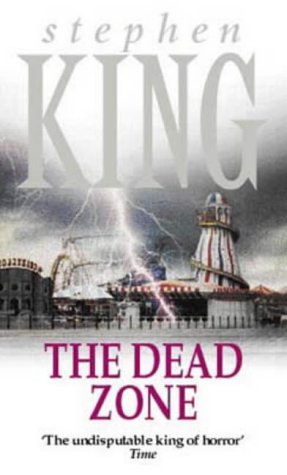
The Dead Zone PDF
Preview The Dead Zone
John Smith awakens from an interminable coma with an accursed power-the power to see the future and the terrible fate awaiting mankind in...the dead zone.
Amazon.com ReviewIn the St. James Guide to Horror, Ghost & Gothic Writers, Gary Westfahl predicts that "King has already earned himself a place in the history of literature.... At the very least, he will enjoy the status of a latter-day Anthony Trollope, an author respected for his popularity and social commentary.... More likely, he will be enshrined as the Charles Dickens of the late 20th century, the writer who perfectly reflected, encapsulated, and expressed the characteristic concerns of his era."
If any of King's novels exemplifies his skill at portraying the concerns of his generation, it's The Dead Zone (1979). Although it contains a horrific subplot about a serial killer, it isn't strictly a horror novel. It's the story of an unassuming high school teacher, an Everyman, who suffers a gap in time--like a Rip Van Winkle who blacks out during the years 1970-75--and thus becomes acutely conscious of the way that American society is rapidly changing. He wakes up as well with a gap in his brain, the "dead zone" of the title. The zone gives him crippling headaches, but also grants him second sight, a talent he doesn't want and is reluctant to use. The crux of the novel concerns whether he will use that talent to alter the course of history.
The Dead Zone is a tight, well-crafted book. When asked in 1983 which of his novels so far was "the best," Stephen King answered, "The one that I think works the best is Dead Zone. It's the one that [has] the most story." --Fiona Webster
ReviewStephen King has done it again. A spellbinder, a compulsive page-turner. -- Atlanta Journal
